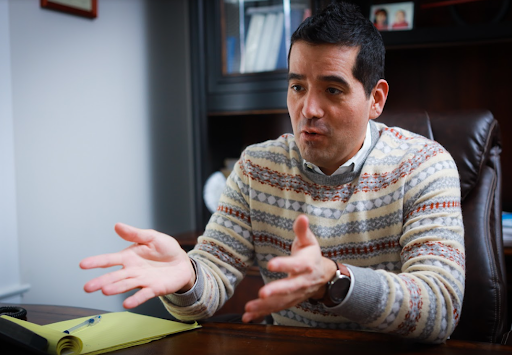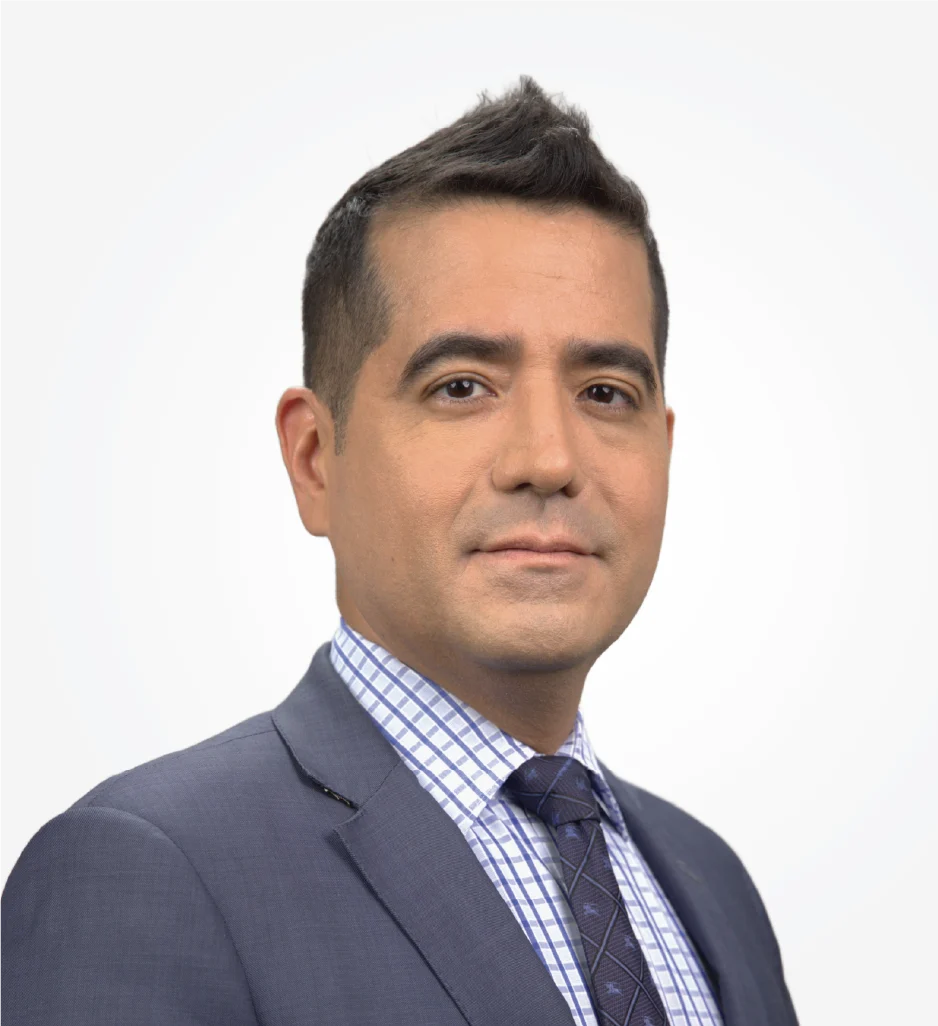After making an insurance claim following an auto accident, you may be thrilled when you receive a check in the mail. But wait, not so fast! Before you deposit that insurance check, find out the reasons why it’s not always the best decision.
Indemnification May Be Waived if the Check is Cashed
Most insurance checks have a disclaimer pre-printed somewhere on the check. That disclaimer usually includes language stating that by cashing that check you waive your rights to future legal action and further indemnification. You may think that’s fine. Especially if the check is enough to cover the damage to your vehicle or property. But, please think about it for a moment.
Insurance Companies are Not Your Friends
Keep in mind that insurance companies are not your friends (even your own insurance company). Insurance companies will always try to pay you as little as possible. You may not realize it, but that check may only be a small percentage of what you are actually entitled to. But if you sign and cash that check, that’s all you’re going to get. In addition to wanting to settle claims for as little money as possible, insurance companies want to settle claims as quickly as possible. The reason is that time can reveal more pain, damage, or injury from an accident.
You Could Have Hidden Injuries After the Accident
What if you find out a month after the accident that you suffered internal injuries you didn’t realize you had? Auto accident injuries sometimes take time to reveal themselves. Will your insurance company cover that claim if you cash that check? The truth is, it’s unlikely.
Could You Face a Lawsuit from the Other Driver?
Have you ever wondered what would happen if the other driver involved in the accident decides to sue before the statute of limitations expires? In some cases, the other party to the accident may wait to sue you. If you have already settled with your insurance company, you will be on your own to pay the other party whatever amount a judge deems fair. Would your insurance company pay that claim? It doesn’t have to if you ever cash that check. So, before cashing any insurance check, consult with a Virginia injury lawyer.
More Reasons Not to Cash the Check Sent to You by Your Insurance Company
After an accident, most people do not realize how much compensation money they are entitled to under the law. While many people expect insurance companies to cover medical expenses, they do not know the full list of damages they could collect, including:
- Lost wages
- Property damage
- Rehabilitation expenses
- Out-of-pocket expenses
- And many more expenses
In fact, in some cases, you may also be entitled to what is called non-economic damages. These non-economic damages refer to less tangible things, such as:
- Pain and suffering
- Loss of enjoyment
- Humiliation
While these lists are not exhaustive, they begin to show many of the damages that most people don’t think about or ask for when dealing with insurance companies on their own. They are also another good reason why you should wait to cash the check your insurance company sent you.
Many People Make This Mistake
Cashing the check from insurance companies is a common mistake made by many people involved in car accidents in Virginia. For example, this week we received a call from a person who was in an accident last year for which he was not at fault. The at-fault party’s insurance company called him to obtain the affidavit and sent him a check to compensate him for his damages in a minimal amount. The victim was satisfied and deposited the check. Then, two, or three months later, this person has been in pain from the accident and asks us if he can get more compensation.
Unfortunately, when you deposit your check, your case is lost. If the insurance company sends you a check after the first communication, do not deposit that check. So what should I do if I receive a check from the insurance company? We’ll tell you right away.
Here’s what to do when you receive a check
Again, DO NOT DEPOSIT THAT CHECK. Avoid signing the check and, if possible, do not detach the check from the check stub. Keep the envelope, so you have a clear record of when the check was received. Doing these things will help you make it clear that you are not necessarily interested in settling for the amount of money offered by the insurer. You will be able to show the check, the check stub and the envelope to your Right Path Law Group personal injury attorney to review and add to your records. Remember, if you are in an accident, seek immediate medical attention. Call the police. Contact an attorney and avoid talking to the insurance company.
Contact a Virginia Personal Injury Lawyer
In order to protect yourself after an accident, consult with a Fairfax, Virginia injury attorney before you even consider cashing an insurance check. In fact, to be on the safe side, you should consult with your Fairfax, Virginia personal injury attorney before you even file an insurance claim. This is the best way to be certain that you will receive compensation for the full amount to which you are entitled. Of course, if you have filed an insurance claim and received a check from the insurance company, you are most likely anxious to receive the money from the claim.
You will probably have to make repairs to the vehicle or pay medical bills. Although the temptation will be great, it is worthwhile to first get the opinion of a personal injury attorney before cashing any check from an insurance company. If you can be a little patient, you may find that you are entitled to much greater compensation.

To learn more, defend your rights properly and get the compensation you deserve, call our Virginia law firm at (571) 556-8710. Or visit our website: https://rightpathlaw.com/

Pierre Prialé
Founder and CEO
Over the course of his career, Prialé has handled approximately 2,000 criminal defense and traffic cases, including DUI, reckless driving, weapons charges, and personal injury cases. His dedication to helping clients in difficult and desperate situations has earned him a reputation for being a committed and knowledgeable attorney.
Author's Bio